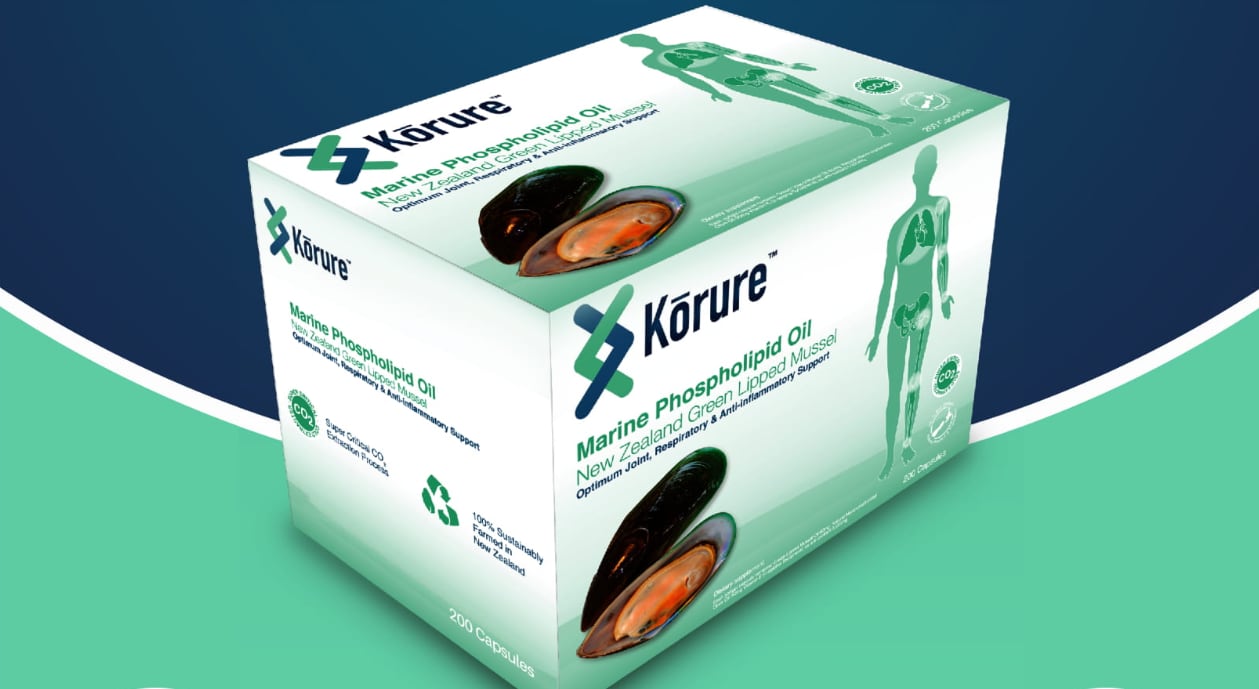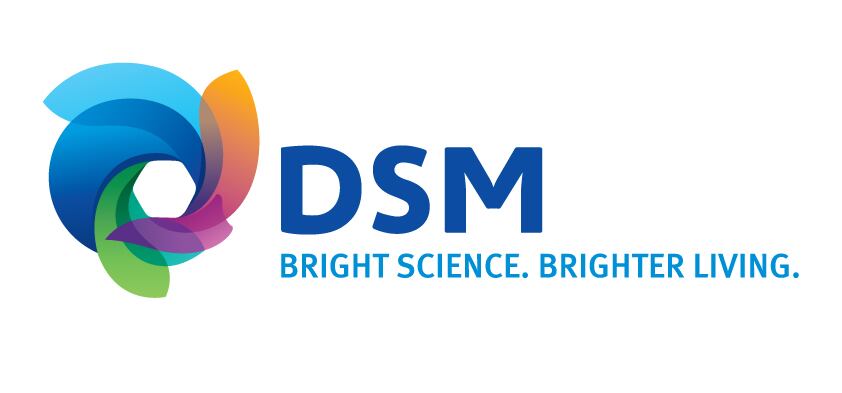Omega-3
Supplementation with a marine oil lipid extract derived from New Zealand green-lipped mussels does not benefit resting pulmonary or muscle function in non-asthmatic elite runners, according to a recent study.
Habitual endurance training may be linked to mild airway inflammation and subsequent deterioration in lung function. At the same time, PCSO-524 — also called Lyprinol or Omega XL — a supplement extracted from Perna canaliculus (NZ green-lipped mussels), has been "shown to moderate airway inflammation in asthmatic subjects".
Based on this, researchers at Indiana University and the University of Alabama conducted an RCT to determine if supplementation with PCSO-524 could improve pulmonary and respiratory muscle function in non-asthmatic elite runners, but were unable to find evidence of its benefits.
Meanwhile, a recent pilot study has linked a higher Omega 3 Index with lessened symptoms of depression in a cohort of subjects suffering from chronic heart failure.
The research, published in the Journal of the American College of Cardiology, was intended to test the effects of long-chain omega-3 fatty acid supplementation on omega-3 levels, depressive symptoms, and other psychosocial factors, as well as other chronic heart failure (CHF)-related functional measures.
Cognitive health
Whey peptide consumption may help to improve cognitive function in people who experience a high level of subjective fatigue, according to a study by beverage company Kirin.
Previous epidemiological and clinical studies have found dairy products to be beneficial to those suffering from cognitive decline and dementia.
Researchers at Kirin, together with Japan's Kensyokai Medical Corporation and Keio University, recruited 101 healthy adults aged 45 to 64, who had a self-awareness of cognitive decline — particularly in the form of forgetfulness regarding the names of people and objects — and gave each of them either 1g of whey peptide in the form of six tablets, or an equivalent of placebo supplements (maltodextrin) daily for 12 weeks.
They then performed neuropsychological tests and subjective psychological assessments after the sixth and 12th weeks of supplementation, as well as clinical examinations for safety assessment in the 12th week.
The researchers wrote: "It is suggested that whey peptide improves some cognitive functions in people with a high level of subjective fatigue. Further studies will elucidate the relationship among cognitive improvement, whey peptides, and psychological fatigue.”
Maternal health
Pregnant Vietnamese women urgently need suitable nutrient intervention, with over 50% failing to meet the recommended daily intake for essential micronutrients, say researchers in Vietnam and Australia.
While insufficient nutrient intake during pregnancy is no doubt linked to poor pregnancy and infant outcomes, the situation is exacerbated by limited evidence where resources are scant, such as in Vietnam.
A study led by the National Institute of Hygiene and Epidemiology assessed food, macronutrient and micronutrient consumption among 1,944 pregnant Vietnamese women, collecting dietary information through an interviewer-administered food frequency questionnaire.
Their nutrient intake was assessed using Vietnamese recommended nutrient intakes (RNI) for pregnancy as a point of reference, with rice, fruits and vegetables being the main food sources.
Meanwhile, a recent study from Abbott found that maternal milk supplementation, combined with breastfeeding support in late pregnancy and the early postpartum period, can have a positive impact on exclusive breastfeeding.
Researchers at the Abbott Nutrition Research and Development Asia-Pacific Centre in Singapore, National Institute of Nutrition in Vietnam, and Cognizant Technologies Solution in India conducted an observational follow-up study to assess the long-term effects of maternal milk supplementation, in conjunction with a breastfeeding support programme, on breastfeeding practices.





